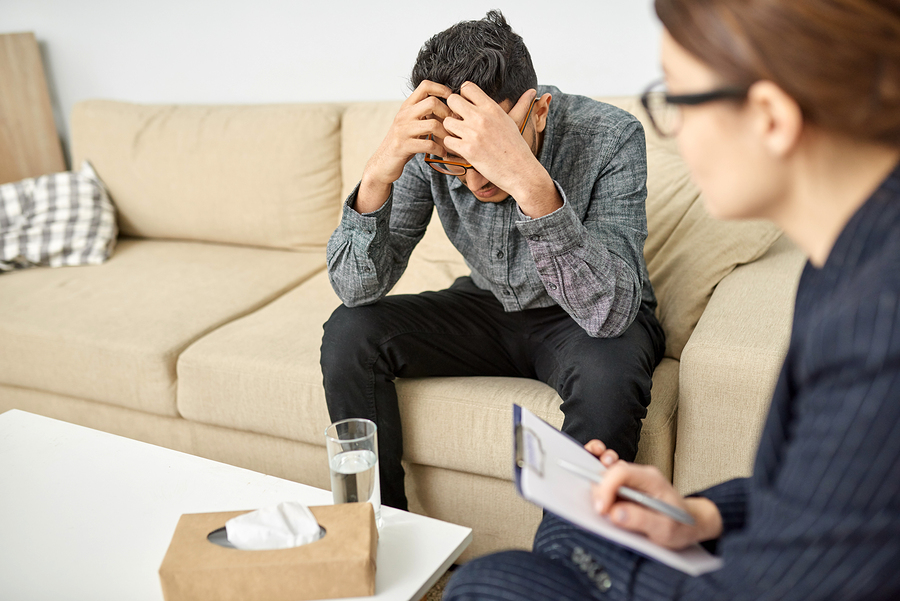
People that have been diagnosed with post traumatic stress disorder don’t always experience their most severe symptoms on a regular basis. Their symptoms usually occur when there is a trigger present which causes them to react as a result of their past trauma. PTSD triggers can vary depending on the individual’s experiences and how they cope with their traumatic memories.
Triggers are usually certain thoughts, feelings or situations that bring up symptoms such as flashbacks, nightmares, anxiety, or panic attacks. When someone experiences a trigger it can be either internal or external. Internal triggers can be related to certain thoughts, memories, or bodily sensations that lead to symptoms. External triggers can be certain people, places or situations that the individual encounters during the course of their day.
PTSD triggers that are internal can occur through natural feelings such as anger, loneliness, vulnerability or simply remembering specific events. A person can experience triggers through external events such as an argument, a news story that reminds them of their trauma, seeing an accident, certain dates such as holidays or anniversaries, or even seeing someone that reminds them of their traumatic event. When these triggers occur they might have physical and psychological reactions that can be uncomfortable and difficult to bounce back from.
People with PTSD can learn how to cope with their triggers through certain techniques that they can learn from a therapist. Relaxation, deep breathing and mindful awareness can all be useful in helping people deal with PTSD triggers. Those who experience anxiety and panic attacks may be able to take medication that will help them if they are confronted with a very severe trigger.
Although triggers can be unexpected and occur in a number of different situations, people with PTSD can still minimize the effects of them through treatment and therapy.